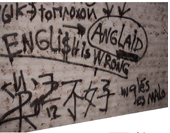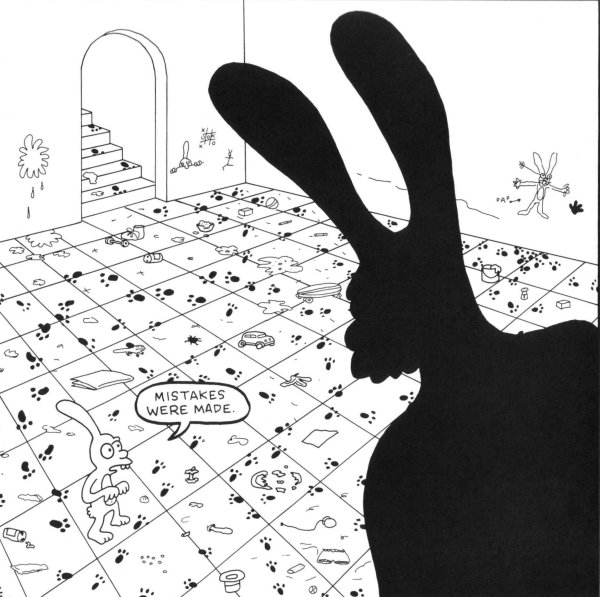Hijab, hajib, whatever
President Obama's speech at Cairo University today included this important passage:
[F]reedom in America is indivisible from the freedom to practice one's religion. That is why there is a mosque in every state of our union, and over 1,200 mosques within our borders. That is why the U.S. government has gone to court to protect the right of women and girls to wear the hijab, and to punish those who would deny it.
So let there be no doubt: Islam is a part of America.
Unfortunately, what he actually said (about 11 minutes into the speech) was a bit different.
Audio clip: Adobe Flash Player (version 9 or above) is required to play this audio clip. Download the latest version here. You also need to have JavaScript enabled in your browser.
Read the rest of this entry »
 So proclaims the cover of Michel Brûlé's "Essai sociologique"
So proclaims the cover of Michel Brûlé's "Essai sociologique" 